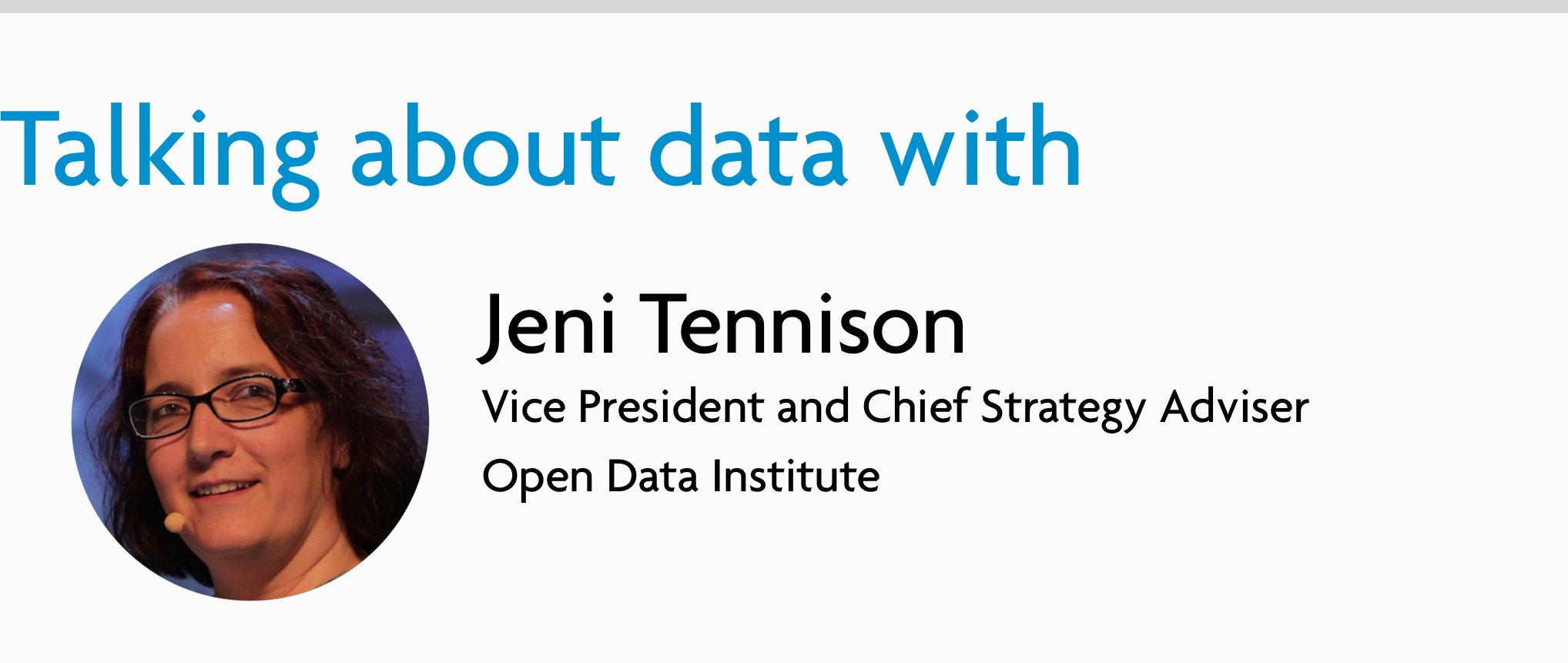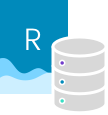The Internet & Jurisdiction Policy Network has released a Report “We Need to Talk About Data: Framing the Debate Around the Free Flow of Data and Data Sovereignty”. The Report presents concerns and perspectives around these polarizing policy concepts and offers recommendations on how to move forward. To unpack the key messages and explore the next steps I&JPN spoke to the Report’s contributors to ask how I&JPN can foster a collaborative discussion on how to organize our common Datasphere.

Why do we need to talk about data?
There is a lot of confusion around language and what people mean by “Data Sovereignty”, with Data Sovereignty often being mixed up with issues like data localization. For me, Data Sovereignty means so much more than where data is situated physically: it is about control and governance and who gets to benefit from data.
The I&JPN report is helpful in showing how these terminology issues can undermine our ability to make good policy around data.
What is the most important key message from the I&JPN Report?
International collaboration around data is an important part of addressing our big challenges like climate change or the response and recovery from the coronavirus pandemic; we need to avoid balkanization so we can build on each other’s work. From a country perspective, the free flow of data enables people and organizations to take advantage of services that are best delivered at a scale smaller countries might not be able to support on their own.
But the report also highlights real and pressing concerns around data flowing over borders, whether that’s due to data being critical national infrastructure, concerns about the privacy and human rights of their citizens, or measures to help domestic digital businesses to thrive by providing some protection from international competition. These and other issues can cause nations to desire Data Sovereignty.
When considering data policy approaches, why should we be thinking about our “common Datasphere”?
We think of data as being a new form of infrastructure, just as important to our economies and societies as the kinds of infrastructure we’re more used to like roads and electricity supply. Around that data infrastructure are all the people and organizations who help to contribute to it (including with data about themselves), who maintain it, who use it to build products and services or to make decisions, who shape the way it is used through tools and policies, and who are affected by it. Framing good data policy means understanding this broader ecosystem and the interplay between all these actors and activities.
How can we foster a collaborative discussion moving forward?
The I&JPN report could be used as a basis for future work to work through details and put together a better framework for thinking about how to enable both the Free Flow of Data and Data Sovereignty so that data can work for everyone.


